HR Policies for Addressing Employee Mistakes on the Job: Best Practices and Guidelines
Mistakes are a natural part of any workplace, and no employee is immune to them. How HR addresses these mistakes plays a significant role in shaping team morale and maintaining productivity. Effective HR policies not only provide clear guidance for managing errors but also ensure that employees are treated fairly and consistently.
A well-structured approach to handling mistakes can help foster a positive work environment, encourage growth, and prevent recurring issues. Below are the best practices and guidelines for managing employee mistakes efficiently and constructively.

Create Clear Expectations
HR should ensure all employees understand their roles and responsibilities. A well-defined job description sets the foundation for expected performance. When employees are clear about their duties, they are less likely to make avoidable mistakes. Regular training and updates should be provided to ensure everyone is up-to-date with expectations. In certain work environments, such as those requiring business casual, clear expectations regarding both performance and professionalism are key to fostering a productive atmosphere.
Implement a Fair, Transparent Process
Implementing a fair and transparent process for handling employee mistakes is essential to maintaining a positive and productive workplace. Employees should understand exactly how mistakes are addressed and what steps will be taken to resolve the issue. A transparent process ensures that all employees are treated equally and fairly, reducing confusion and promoting trust. Additionally, it creates a clear pathway for employees to improve, while also holding them accountable. Here are key steps HR should include in the process:
- Immediate Reporting: Employees should feel comfortable reporting mistakes as soon as they happen, without fear of harsh consequences. Encouraging quick reporting helps identify issues early and prevents them from escalating.
- Investigation: HR should conduct a fair and unbiased investigation into the mistake, gathering all relevant information. This step ensures that all sides of the story are considered, helping to avoid misunderstandings or unfair treatment.
- Action: Based on the severity of the mistake, HR should decide on the appropriate course of action. This may include providing additional training, offering coaching to improve skills, or implementing a corrective action plan if necessary.
Focus on Constructive Feedback
Mistakes should be viewed as valuable learning opportunities rather than failures. HR should encourage managers to adopt a constructive approach when addressing mistakes, focusing on how employees can learn from their errors and avoid repeating them in the future. Rather than assigning blame, feedback should be aimed at promoting growth and development. Constructive feedback should be clear, specific, and actionable, providing employees with practical steps to improve. When feedback is tied to performance improvement, it helps employees feel supported, engaged, and motivated to enhance their skills.
Offer Support and Development
Instead of solely focusing on the mistake, HR should prioritize supporting the employee’s growth and development. Offering additional training, mentoring, or access to resources can help employees learn from their errors and prevent them from being repeated. By providing these opportunities, HR not only addresses the mistake but also demonstrates the company’s commitment to the employee’s long-term success. This proactive approach fosters a culture of continuous improvement, showing employees that the organization values their professional development and is invested in helping them grow.
Use Progressive Discipline
For repeated mistakes or more serious errors, HR policies should include a progressive discipline system. This system ensures that disciplinary actions are proportional to the mistake’s severity and frequency. Steps may include:
- Verbal Warning: A formal conversation outlining the issue.
- Written Warning: A documented warning that the mistake is serious.
- Suspension: Time off from work to reflect on the situation.
- Termination: A last resort if the issue is not resolved.
A progressive system allows employees to learn from their mistakes before facing severe consequences.
Ensure Consistency
HR policies must be applied consistently across all employees to maintain fairness and prevent any perceptions of favoritism or discrimination. Clear, well-defined guidelines should be in place for handling every type of mistake, ensuring a uniform approach. Managers must be trained to apply these policies consistently, treating all employees equally regardless of their role, seniority, or personal relationship. Consistency in policy enforcement builds trust, promotes accountability, and reinforces a culture of fairness throughout the organization.
Maintain a Positive Work Environment
Fostering a positive work environment where mistakes are addressed constructively—without fear of retaliation—is crucial for encouraging accountability and growth. When employees feel safe to acknowledge errors, they are more likely to take responsibility and learn from them. Open communication, empathy, and a culture focused on continuous improvement create a supportive atmosphere where mistakes become opportunities for development, not punishment. This environment helps employees feel valued and motivated, ultimately enhancing overall performance and team cohesion.
FAQs
Why is it important for HR to address employee mistakes?
HR plays a key role in ensuring mistakes are handled fairly and consistently. Properly addressing mistakes helps maintain team morale, improves employee accountability, and fosters a culture of growth and learning. It also ensures that the workplace remains positive and productive.
How should HR handle minor mistakes by employees?
Minor mistakes can often be corrected with constructive feedback, additional training, or a coaching session. HR should focus on providing actionable steps to help employees learn and avoid repeating the error, reinforcing that mistakes are part of the learning process.
What is the best way to provide constructive feedback?
Constructive feedback should be specific, actionable, and focused on improvement. It should address the mistake clearly, provide steps for correction, and emphasize growth rather than blame. Offering support, like additional training or mentoring, can also help employees develop.
How does HR ensure consistency in handling mistakes?
HR ensures consistency by creating clear, well-defined policies for every type of mistake. These policies should be applied equally to all employees, regardless of their role or seniority. Managers must be trained to follow these guidelines consistently to prevent favoritism and maintain fairness.
How can HR create a positive environment for addressing mistakes?
HR can maintain a positive environment by fostering open communication and a culture of continuous improvement. Mistakes should be seen as learning opportunities, and employees should feel safe acknowledging errors without fear of retaliation. This approach promotes growth, accountability, and teamwork.
What should be included in a progressive discipline process for repeated mistakes?
A progressive discipline process should include clear, escalating steps such as: Verbal Warning: A formal conversation to discuss the issue. Written Warning: A documented warning outlining the severity of the mistake. Suspension: A period of time off to reflect on the situation. Termination: A last resort if mistakes continue and impact the organization significantly.
How can HR support employee development after a mistake?
HR can offer additional training, mentoring, or access to resources to help employees improve. By focusing on development, HR shows that the organization values the employee’s growth and is committed to helping them succeed long-term.
Share this content:
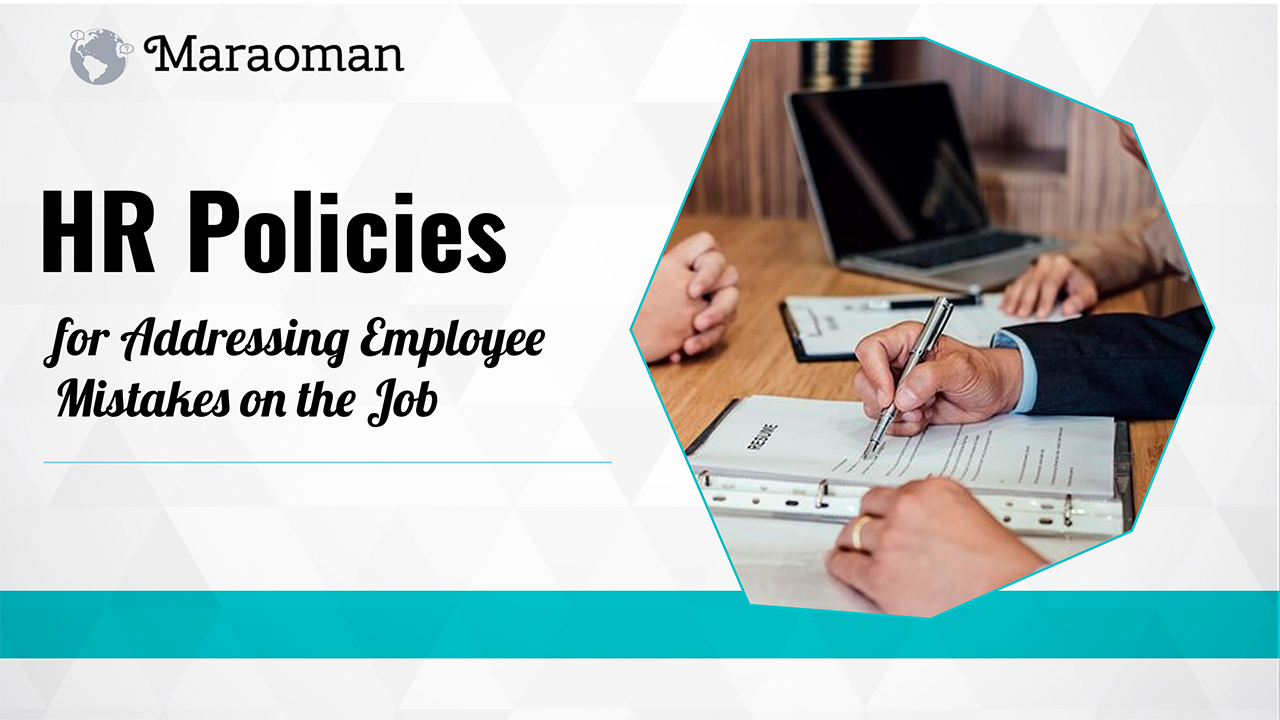

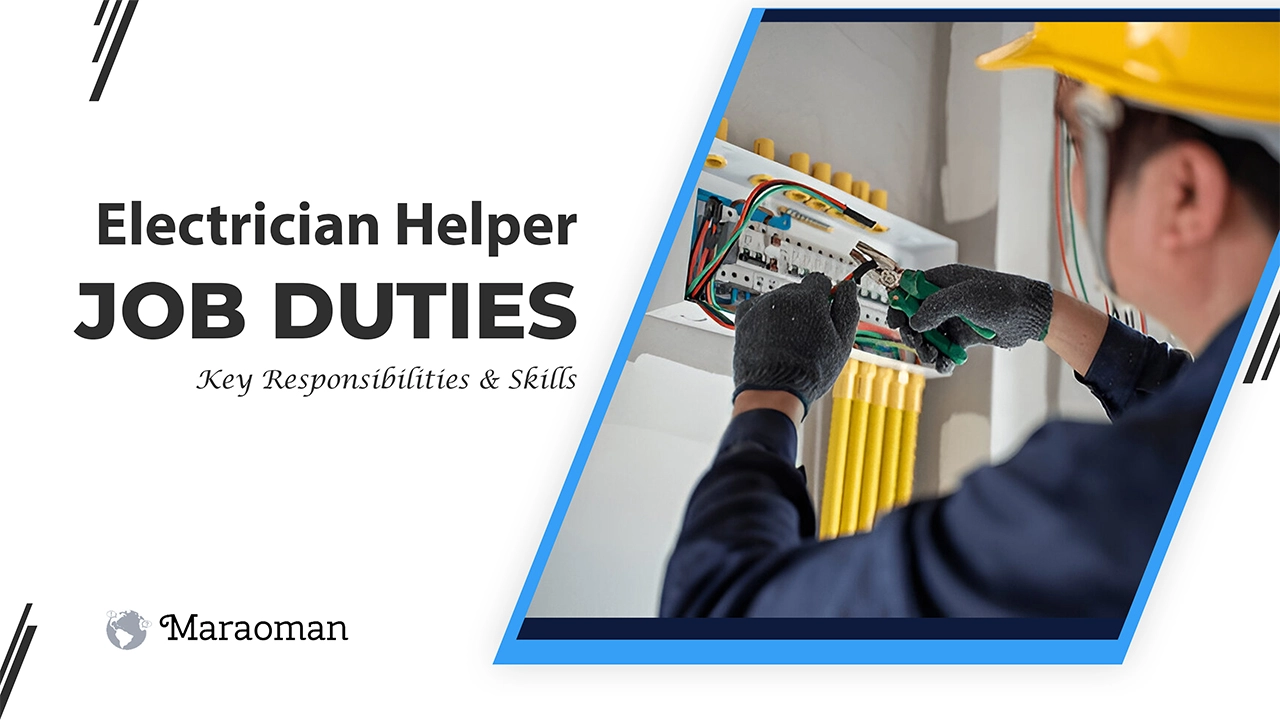


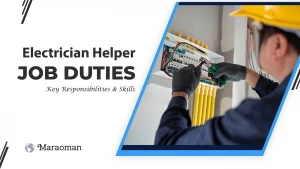
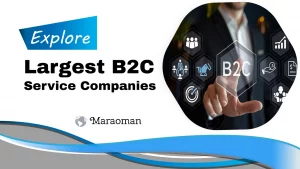

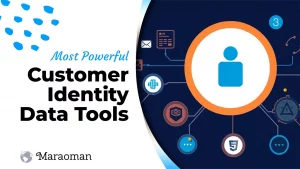






Post Comment